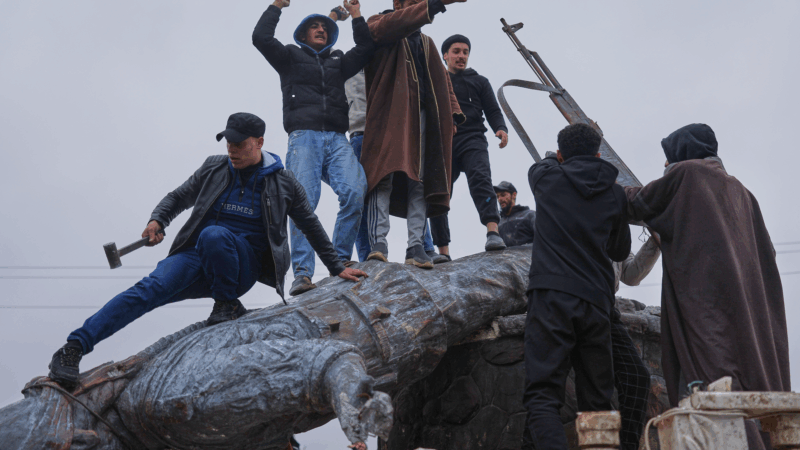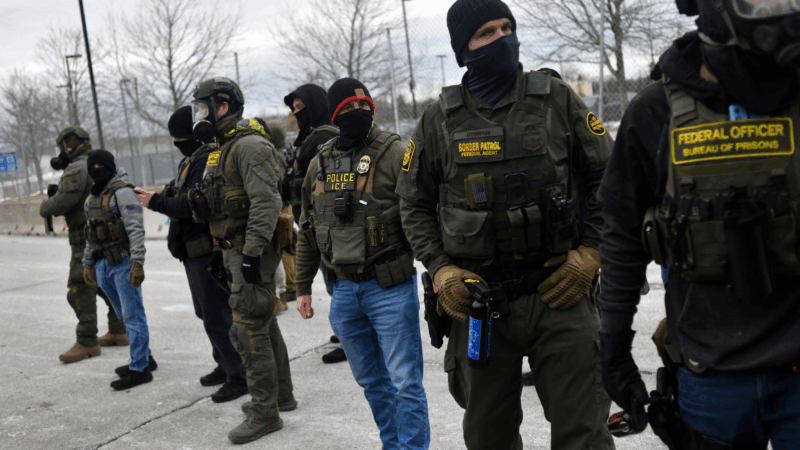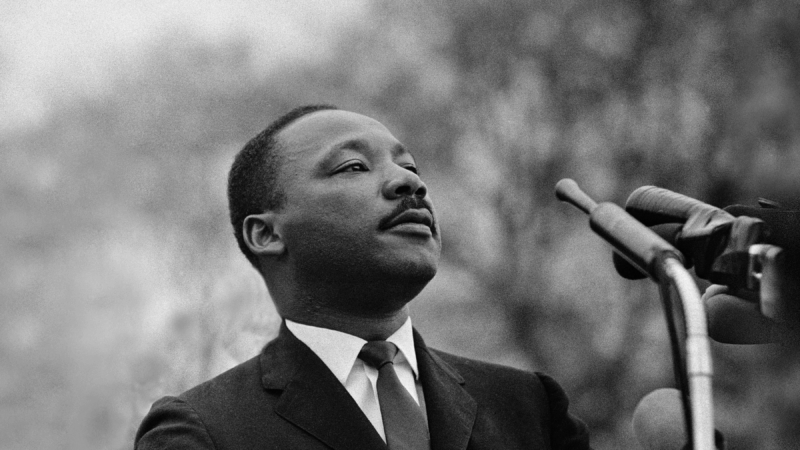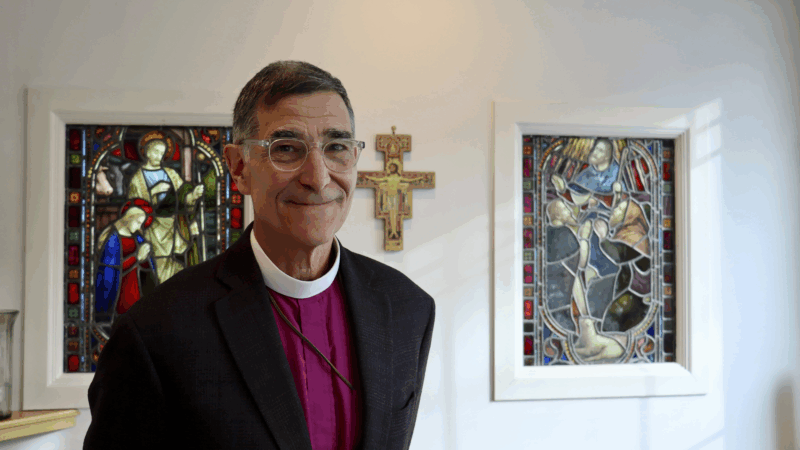Russian separatists release 2 U.S. veterans as part of a prisoner exchange
BIRMINGHAM, Ala. — Two U.S. military veterans who disappeared three months ago while fighting Russia with Ukrainian forces were among 10 prisoners, including five British nationals, released by Russian-backed separatists as part of a prisoner exchange mediated by Saudi Arabia, officials said Wednesday.
Alex Drueke, 40, and Andy Huynh, 27, went missing in the Kharkiv region of northeastern Ukraine near the Russian border June 9. They had traveled to Ukraine on their own and became friends because both are from Alabama.
Their families announced their release in a joint statement from Dianna Shaw, an aunt of Drueke.
“They are safely in the custody of the U.S. embassy in Saudi Arabia and after medical checks and debriefing they will return to the states,” the statement said.
Shaw said both men have spoken with relatives and are in “pretty good shape,” according to an official with the U.S. embassy.
President Joe Biden’s national security adviser Jake Sullivan welcomed the releases and thanked the governments of Ukraine and Saudi Arabia for their work to secure the detainees‘ freedom. “We look forward to our citizens being reunited with their families,” he said in a tweet.
In a later statement, U.S. Secretary of State Antony Blinken said the United States “is appreciative of Ukraine including all prisoners of war, regardless of nationality, in its negotiations” and thanked Saudi government partners for securing the release of the 10 prisoners, including the two Americans.
The Saudi embassy released a statement saying it helped secure the release of 10 prisoners from Morocco, the United States, the United Kingdom, Sweden and Croatia. Shaw confirmed that Drueke and Huynh were part of the group.
The United Kingdom said five British nationals had been released, and lawmaker Robert Jenrick said one of them was Aiden Aslin, 28, who had been sentenced to death after he was captured in eastern Ukraine.
“Aiden’s return brings to an end months of agonising uncertainty for Aiden’s loving family in Newark who suffered every day of Aiden’s sham trial but never lost hope. As they are united as a family once more, they can finally be at peace,” Jenrick tweeted.
British Prime Minister Liz Truss heralded the news on social media.
“Hugely welcome news that five British nationals held by Russian-backed proxies in eastern Ukraine are being safely returned, ending months of uncertainty and suffering for them and their families,” she tweeted.
Moroccan media reported that the released prisoners included Brahim Saadoun, 21, who was sentenced to death in June after being accused of terrorism and trying to overturn the constitutional order. Captured by Russian-backed separatists in Ukraine, the court claimed he was a mercenary, while Saadoun’s father said he had enlisted in Ukraine’s regular army.
Russian state television had previously said Drueke and Huynh were being held by Russian-backed separatists in the Donbas region of eastern Ukraine. The U.S. does not recognize the sovereignty of the Donetsk People’s Republic and has no diplomatic relations with them, making it necessary for others to lead efforts to get the men released.
Drueke joined the Army at age 19 after the terror attacks of Sept. 11, 2001, and he believed he could help Ukrainian fighters because of his training and experience with weapons, Shaw said previously. Drueke left in mid-April.
Druke’s mother received a call from Saudi Arabia on Wednesday morning and an embassy worker handed the phone to the man, Shaw said.
“He got on the phone and said, ‘Hi mom, it’s your favorite child,’” she said.
Huynh moved to north Alabama two years ago from his native California and lives about 120 miles (193 kilometers) from Drueke. Before leaving for Europe, Huynh told his local newspaper, The Decatur Daily, he couldn’t stop thinking about Russia’s invasion.
“I know it wasn’t my problem, but there was that gut feeling that I felt I had to do something,” Huynh told the paper. “Two weeks after the war began, it kept eating me up inside and it just felt wrong. I was losing sleep. … All I could think about was the situation in Ukraine.”
Huynh told his fiance he wants a meal from McDonald’s and a Pepsi-Cola when he returns home, Shaw said.
The two men bonded over their home state and were together when their unit came under heavy fire. Relatives spoke with Drueke several times by phone while the two were being held.
Syrian government announces a ceasefire with the Kurdish-led Syrian Democratic Forces
Syria's new leaders, since toppling Bashar Assad in December 2024, have struggled to assert their full authority over the war-torn country.
U.S. military troops on standby for possible deployment to Minnesota
The move comes after President Trump again threatened to invoke the Insurrection Act to control ongoing protests over the immigration enforcement surge in Minneapolis.
Martin Luther King Jr. had a dream … about health care
A doctor from Nigeria tells what Martin Luther King Jr. taught him about health, Justice and inequality.
Sunday Puzzle: It takes two
Ilyse Levine-Kanji of Westborough, Massachusetts plays the puzzle with Weekend Edition Puzzlemaster Will Shortz and host Ayesha Rascoe.
Venezuela: Maduro’s enforcer Cabello still central to power
The ousting of Venezuela's president raised hopes of change — but the politician now controlling the streets shows how little has really shifted.
Amid ICE clashes, New Hampshire bishop urges clergy to prepare their wills
The Episcopal bishop of New Hampshire told priests protesting ICE to get their wills and affairs in order. Some praise the bishop, while other priests say they never signed up to be martyrs.







